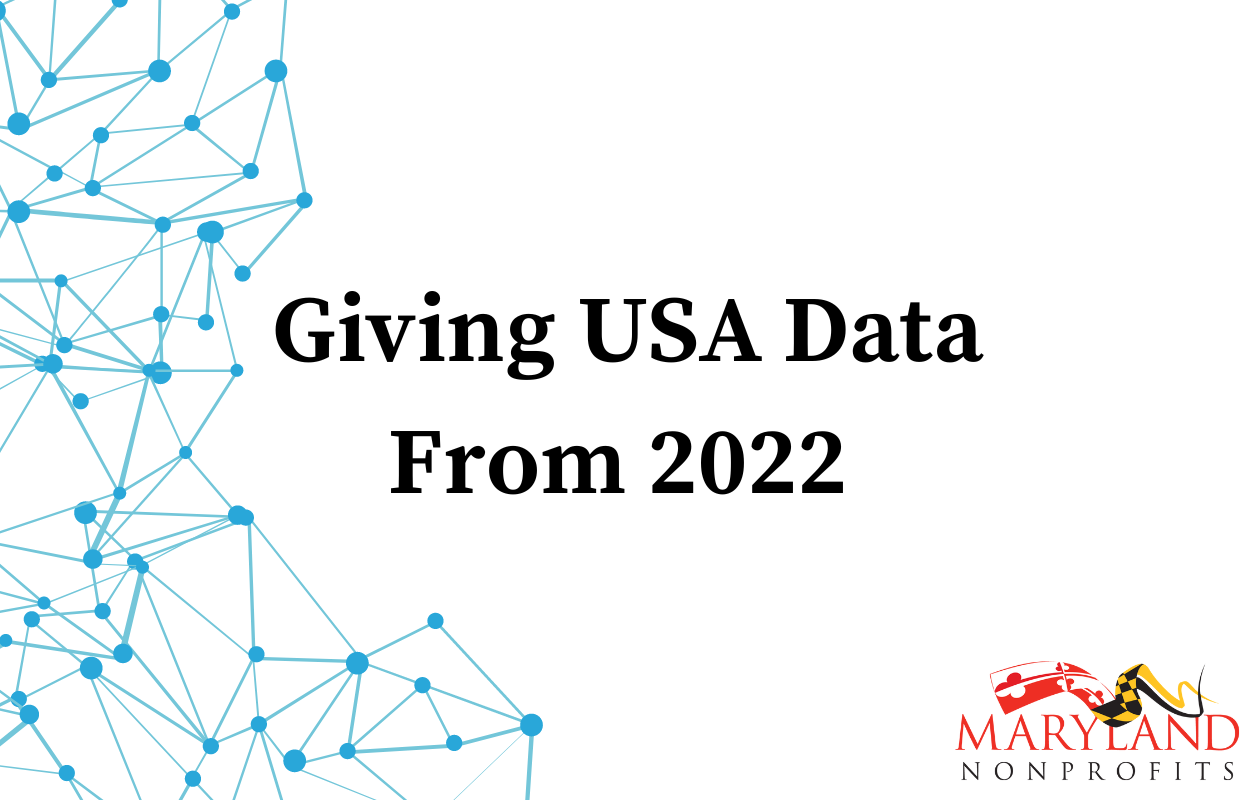A few highlights from the Giving USA report:
- Overall giving in 2022 was $499.33 billion
- Compared to 2021, giving was down in current dollars 3.4% and in inflation-adjusted dollars it was down 10.5%.
- Giving by individuals was down 6.4% and in inflation-adjusted dollars giving by individuals was down 13.4%.
- Giving by individuals comprised 64% of all giving, more than all other sources combined.
- Historically, giving by individuals comprised 70% or more of all private donations. Individual giving dropped below 70% for the first time in 2018. In 2000, two-thirds of American Households gave; by 2018, less than half of American households gave.
- Six individuals/couples gave a combined $14 billion, preventing even lower dollar totals and percentage declines in the individual category.
- Giving as a share of personal disposable income fell to 1.7%
- Giving by individuals comprised 64% of all giving, more than all other sources combined.
- Giving as a percentage of Gross Domestic Product fell to 1.9%
Assessment:
There is a major challenge with individual giving in America that is more than two decades in the making. Nonprofits that rely on private donations from individuals must reverse this trend, transition to other sources of funding, or both.
On reversing the trend, there are significant societal, cultural, and trust challenges that nothing short of a major sector-wide public service/education campaign about the sector will change. While not the main reason people give, tax policy is proven to impact giving. The IRS just released preliminary 2021 tax return data. Forty-seven million households took advantage of the temporary $300/$600 nonitemizer deduction for charitable donations totaling $18 billion. (2021 was up materially from 2020 when the deduction was $300 and there was less awareness of the new provision.) Many nonprofits promoted the deduction and built their appeals around the $300/$600 dollar amounts — ideal dollar amounts for organizations that rely on large numbers of small donations. Although the nonitemizer deduction expired in 2021, there is more bipartisan support than ever for reinstating and likely expanding the nonitemizer deduction — especially as the evidence of the effectiveness and the need to support charitable giving becomes irrefutable. Share your support for a nonitemizer charitable deduction with Congress today.
On other sources of funding, the government is by far the largest source of funding for nonprofit work, mainly through contracts and grants. While Congress is currently battling over 1%-2% of top-line spending and disputes about priorities abound, it ALWAYS eventually enacts federal appropriations laws. Congressional earmarks have provided several billion in new funding to nonprofits since 2021 (even in light of the more restrictive House rules implemented this year). There are still billions of dollars available in the American Rescue Plan state and local funds (primarily in small towns and rural counties) that can be accessed by nonprofits and expended through 2026. And we continue to hear reports from nonprofits that have revisited their early calculations on the Employee Retention Tax Credit to discover they are eligible for hundreds of thousands of dollars (or more) in tax refunds.

